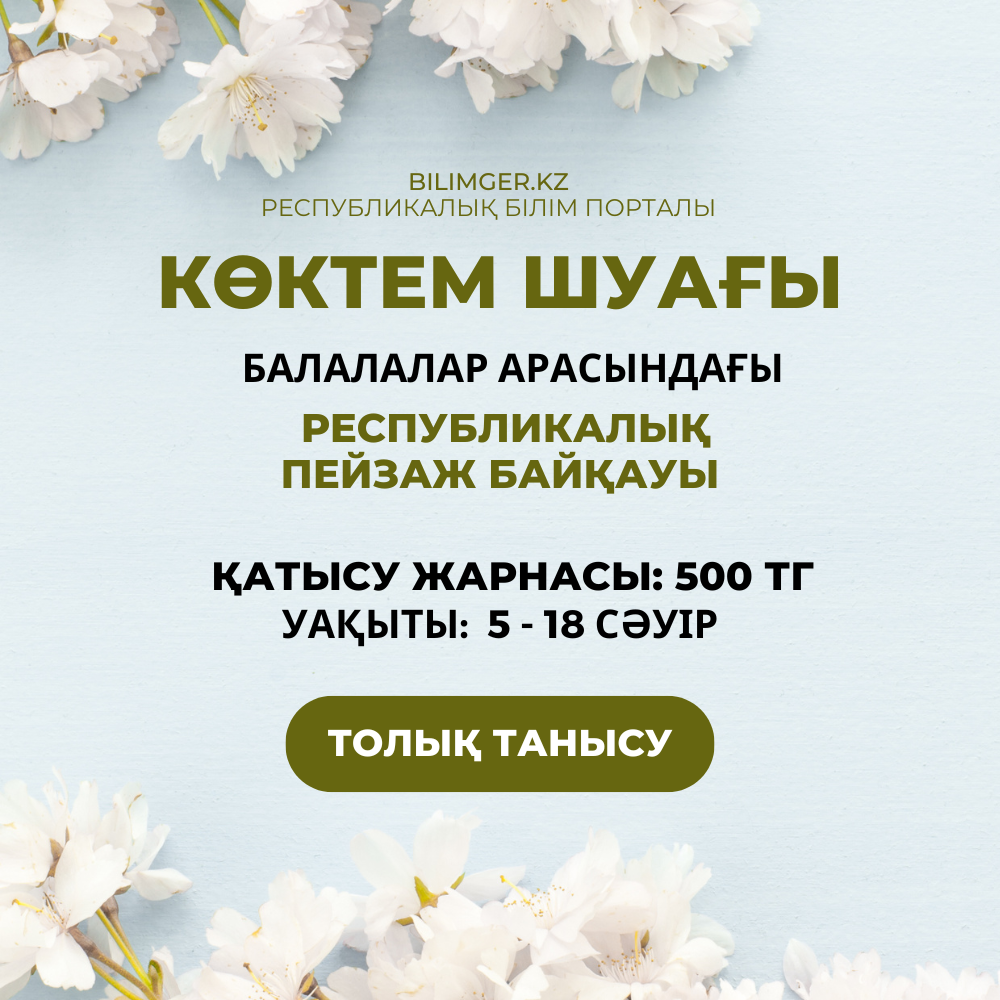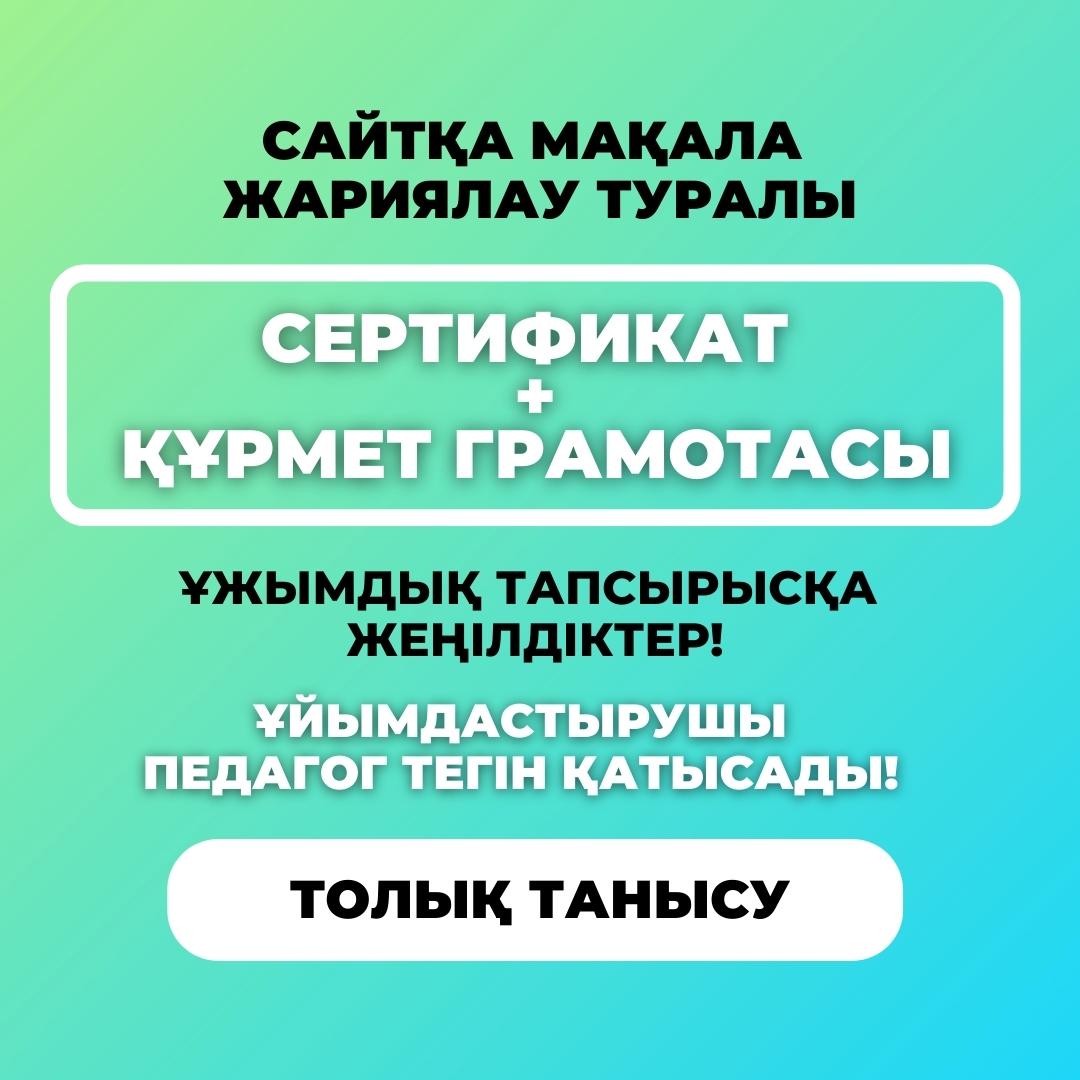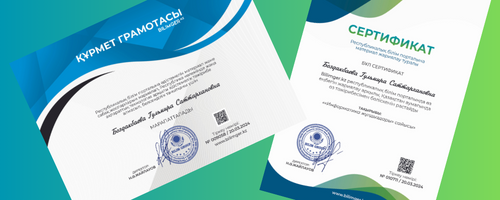Unit 7.2 Space and Earth. The most environmental issue Reading 4A+ Vocabulary 4A+
Sagidullaeva Sh
| Learning objectives(s) that this lesson is contributing to | 7.C6 Organise and present information clearly to others.
7.L2 Understand with little support most specific information in extended talk on a limited range of general and curricular topics. 7.S1 Use formal and informal registers in their talk on a limited range of general and curricular topics. |
||||
| Lesson objectives | All learners will be able to: | ||||
| identify most space topic related words;
pronounce most topic related words correctly; |
|||||
| Most learners will be able to: | |||||
| express ideas on the topic; | |||||
| Some learners will be able to: | |||||
| recognise all the topic related words correctly both in spelling and pronunciation;
discuss topic related questions |
|||||
| Language objective | learn new vocabulary | ||||
| Value links | Respect | ||||
| Cross curricular links | Science Studies | ||||
| Previous learning | — | ||||
| Use of ICT | Projector or Smart board to show a presentation | ||||
| Intercultural awareness | Students will understand that every person is a representative of the universe. | ||||
| Kazakh culture | — | ||||
| Pastoral Care | Students will understand the importance of recognition about the universe around them as they realize the world doesn’t end outside the front door | ||||
| Health and Safety | Everyday classroom instructions will ensure that safety measures are provided to prevent from the accidents in a classroom. The classroom is aired before the lesson. | ||||
| Planned timings | Planned activities | Resources | |||
| Start
3 min
5 min
Middle
15 min
12 min End 5 min |
1.Leading-in stage (W)
Teacher asks students about the date and day of the week and discusses the rules of behaviour in a classroom. Warm-up Teacher shows a picture of Solar System and asks them if they know what it is. Teacher asks students to identify the object in the middle (the Sun) and asks about the place we are living (the Earth). Teacher writes the name “Earth” on the board and inspires students to think about other planets they know. Students present their ideas to the whole group (whole group discussion) Teacher elicits answers on the board. Teacher informs students about the topic of the lesson “Space and Earth” and introduces the lesson objectives. 2. Teacher tells the students the objectives of the lesson know all the names of the planets of Solar System pronounce the names of the planets accurately 3. The main part of the lesson Teacher returns to the discussion of the planets in the Solar System and writes the remaining planets’ names students do not know on the board. Teacher asks students to choose one planet and gives to students blank sheets of paper where students write the chosen name in big letters. Teacher monitors students to spell the names accurately. Teacher suggests students to listen to the song and tells students to stand and hold the paper in the air each time when they hear the name of their planet. Students can be provided with the lyrics of the song to follow. Teacher organises the discussion identifying what planets are new for students and they hear for the first time. Students share new planets’ names they do not know with the group (whole group discussion) Teacher organises practicing the correct pronunciation of the names by presenting the transcription of the words. Students read, listen to the teacher and repeat. Students are encouraged to sing the song. Differentiation Less able students are supported by the teacher who monitors and assists them. Teacher encourages students to describe the chosen planet as it is in the song by using the adjectives. Teacher organises the discussion about the planets holding up “The Solar System” image from the “Solar System Cards” handout, asking students what they think is the largest object in the solar system (the Sun), which is the biggest planet (Jupiter) and which is the smallest planet (Mercury). Teacher leads the discussion about the planets and asks students to make some observations about the planets, based on The Solar System image. (What shape are the planets? Which ones have rings?) Students can also add information about planets from the song Plenary One by one students present new information they learnt from the lesson (it can be one word, fact etc.)
|
handout 1
handouts 2
solar system cards |
|||
| Additional information | |||||
| Differentiation – how do you plan to give more support? How do you plan to challenge the more able learners? | Assessment – how are you planning to check learners’ learning? | Critical thinking | |||
| Differentiation by support
More support: · Monitoring · Allow thinking time. More-able learners: · Encourage students to participate in discussions providing level related questions |
· The teacher observes, guides and monitors the students helping with spelling. Oral feedback after completing tasks. | it stretches their imaginations and thinking forcing them to contemplate the stars and planets | |||






